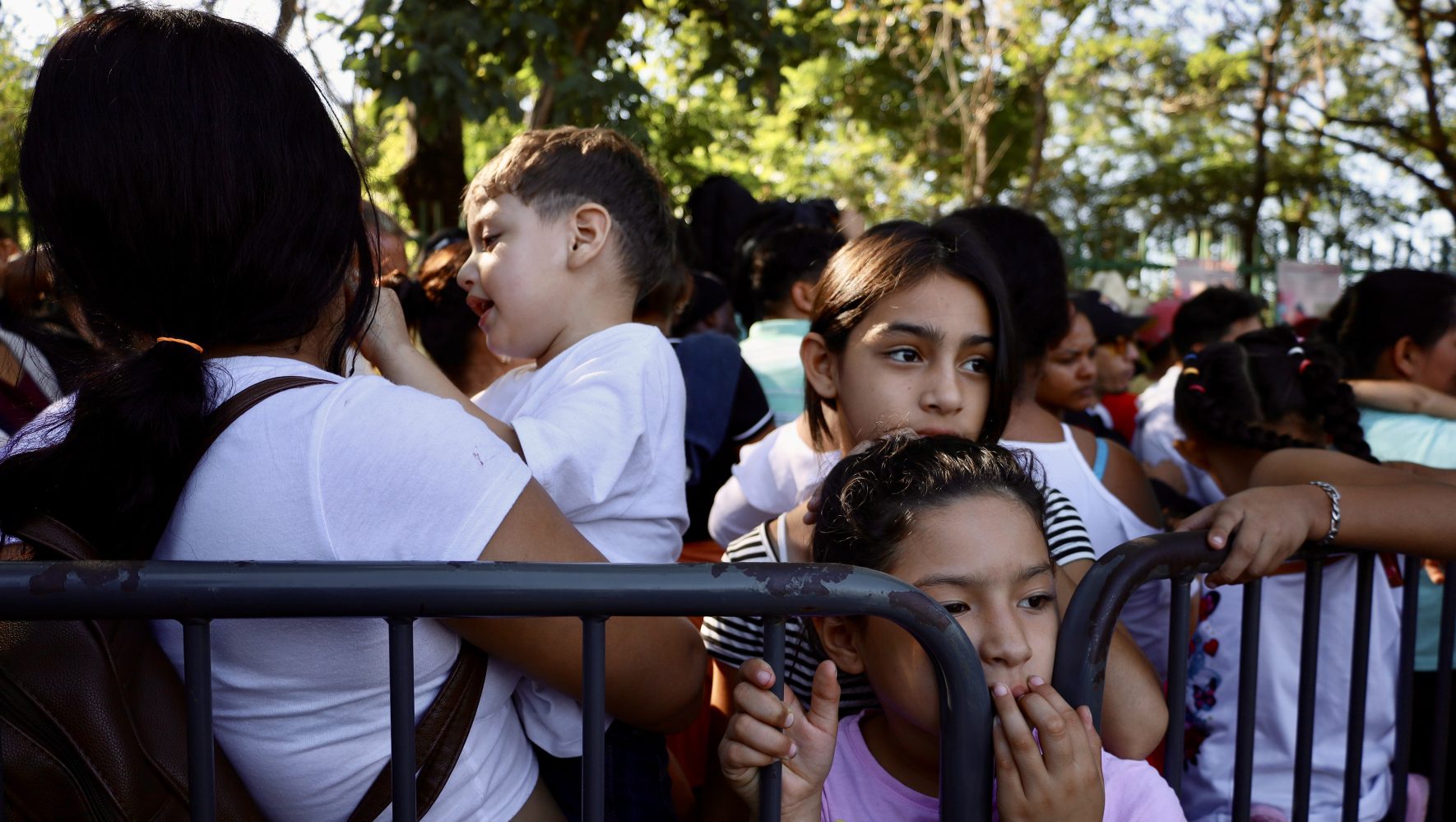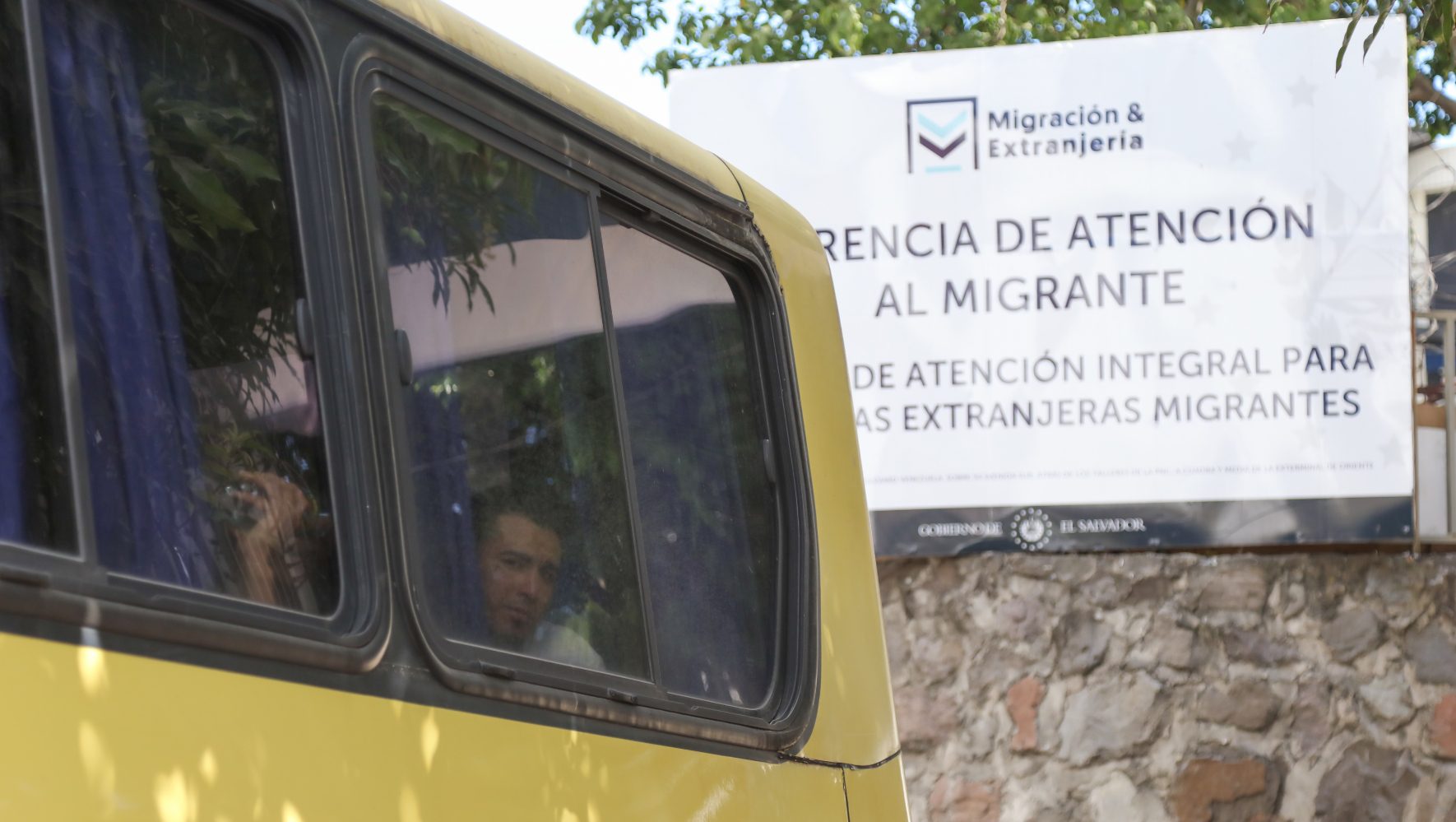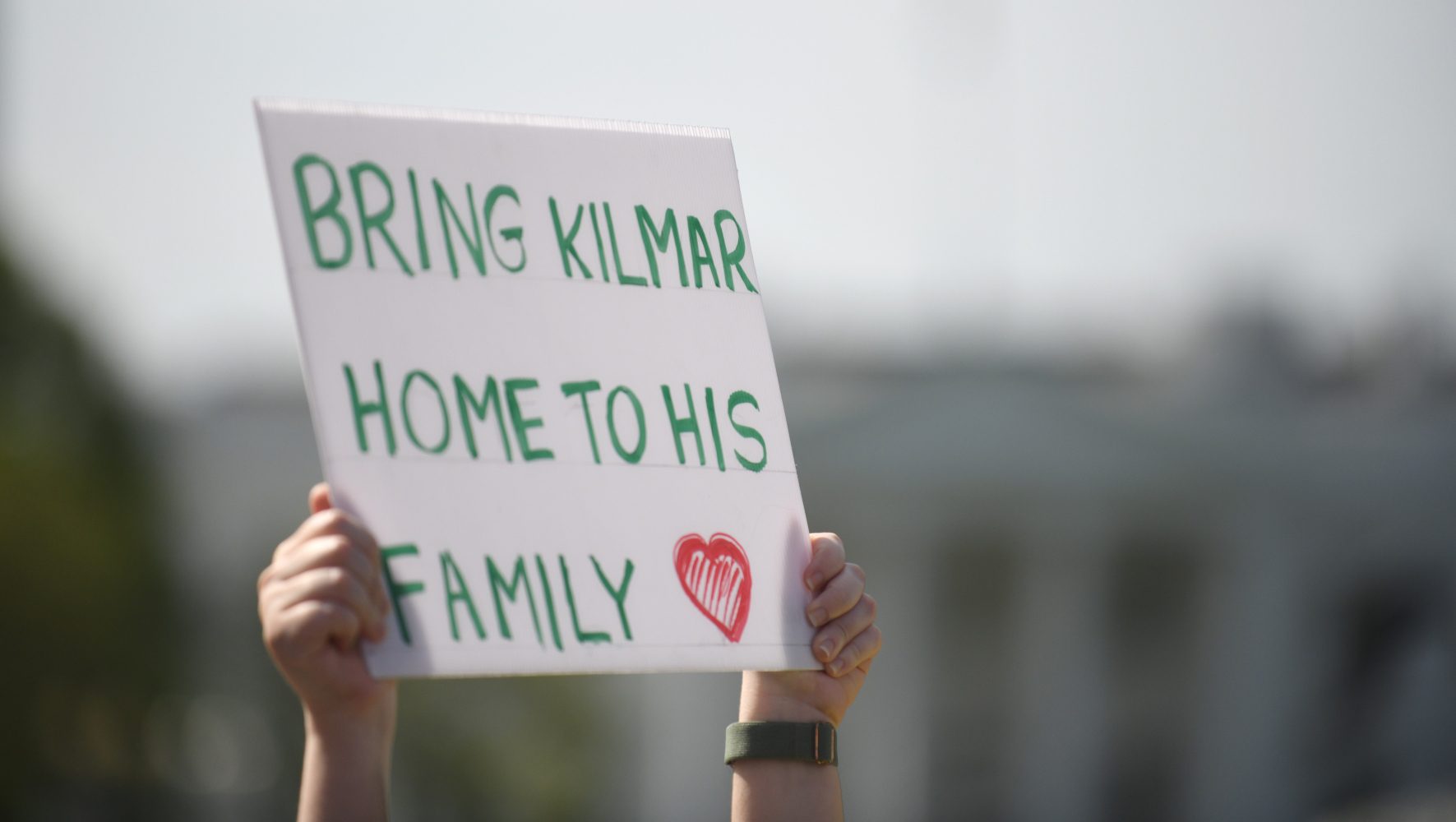‘My Opinion Matters Now': Asylees and Refugees Celebrate Their First Votes in the U.S.
By Max J. Rosenthal, HIAS.org
Nov 03, 2020
In his native country, Ed Beetar didn’t bother to cast a ballot.
“I came from Syria,” he said. “We never voted because we know that the result is already a done deal.”
This year, things are different. Beetar, who received asylum in the United States in 2013, became an American citizen earlier this year. And on Oct. 27, he voted for the first time, submitting his ballot at an early-voting drop box in Washington, D.C. to make sure it would be counted.
“It was an overwhelming feeling,” he said. “You look at the ballot, you feel like, ‘Oh, my opinion matters now.’ Now my vote will make a difference.”
Voting for the first time is a momentous occasion for former asylum seekers like Beetar and refugees like Mohamed Abdirahman, who lives in the key swing state of Ohio. Like Beetar, Abdirahman, a Somali who was resettled in the United States in 2013, received his citizenship just this year.
“The feeling is amazing,” he said. “I feel happy, I feel comfortable, I feel great. I’m feeling home, like [this is] my country.”
Both men have been active in helping fellow refugees and asylum seekers since they arrived in the United States. Abdirahman, who was resettled by US Together, a local HIAS affiliate in Ohio, now works at the agency as a case aide. Beetar, an interpreter, has volunteered his services to help other refugees and asylees who can’t speak English. He also co-founded KAMA DC, a non-profit that gives refugees opportunities to teach classes on subjects they’re passionate about, like cooking their country’s cuisines or sharing other aspects of their cultures.
It’s a chance “to prove to the community that they are humans with great backgrounds and great experiences, and they are ready to give back if someone gives them the chance,” Beetar said.
But even those experiences are fundamentally different from being a citizen and being able to cast a ballot, he said. “To be honest, when I was advocating, I was a little bit scared,” he said. “We have the freedom of speech and everything, but I was a little bit concerned. Now I feel like I can say whatever I want in terms of criticizing the current system as a citizen, as one of those amazing people who are trying to make a difference in this world.”
Beetar was particularly concerned by candidates who attacked refugees and immigrants as threats to the United States. “Since the last election, refugees were used by candidates for political purposes, like saying that they are here to destroy the economy, to take advantage of the system … or the worst part, they are here as [part of] ISIS,” he said. After witnessing civil war in Syria, he knows how much destruction such divisions can cause. “That kind of exclusion ended up badly in my country, and that’s why I’m here,” Beetar said.
That’s why, despite the vitriol of this year’s elections — and the fearmongering some candidates have engaged in on immigration issues — neither Beetar and Abdirahman were focused on the outcome of the vote. The most important thing, they agreed, was for all Americans to have a voice — and for the next president, no matter who he is, to unite the country and recognize the worth of everyone living here.
“My dream is to have a president that can say, 'I'm a president for all Americans. There is no red or blue states, there's no Republican or Democrat,’” said Beetar. “This is actually my dream ... just having a president say, ‘Refugees, you are welcome. If you are different than my party or my faith or my background or my race, you are welcome.'”


